Have you been feeling lately like your head is about to explode regularly? Or maybe feeling severely tired after little to no effort given for any task? These are just a couple out of the list of indicators that you might be having an elevated blood pressure! But this is nothing to be ashamed about since you share this trait with plenty people out there. When your blood pressure is out of the norm though certain risks arise when it comes to heart diseases so this topic should not be taken lightly. There are a lot of factors that impact your blood pressure, like your age and dietary habits, but the one we will be discussing today is your sleep schedule. According to a study by the US National Library of Medicine, even the slightest of disorders can affect your blood pressure negatively, thus increasing the risk of heart-related diseases.
Can Sleep Deprivation Cause High Blood Pressure?
According to the studies performed by the researches over at mayo clinic, blood pressure has a circular pattern throughout the day that can be subject to change due to factors like stress and tobacco use. One of the researcher’s foundlings was established by testing eight healthy and normal weight participants of varying ages. They were split into two groups, and after a four day acclimation period for the following nine nights, one of the groups got to sleep four hours, while the other got to sleep the full nine hours. Following these nights came three days of recovery. Through the entirety of this experiment, the blood pressure of the subjects was being monitored 24 hours a day. What there is to take away from this is that deprivation of sleep can disrupt the natural cycle of blood pressure, which in order leading to the risks aforementioned above. This same research also confirms the suspicion that sleep apnea contributes to high blood pressure for the reasons above.
But as we mentioned, it is a common phenomenon found in many people of varying ages. According to the National Commission of Sleep Disorder Research, about 30 million people being chronically sleep deprived thus having not only poorer health but also a much higher mortality rate than those who were not. The thirty-six subjects that took part in the research above all being of varying ages had their sleep schedule changed continuously while different daily habits where being carried out throughout the day, like watching TV, reading or talking. In the meantime, their blood pressure was being monitored throughout the entire process. Results showed that our blood pressure is higher during the day but significantly falls off during night hours by amounts of 10 or even 20%.
This effect can be more prevalent in women as studies have shown that one out of three people in the US do not get enough sleep, with the majority being females. This is estimated that it has to do with the constant hormonal changes going on inside the female body plus the stress induced by the nature of their everyday lives. This percentage has been increasing over the past few years which can be directly related to the increase of heart-related disorders as well.
7 Tips to Fix your Sleeping Schedule and Prevent High Blood Pressure Symptoms
So now that we have analyzed the issue, it is high time we come up with some solutions that will help you fix your sleeping schedule today!
- Stick to a plan: Sleeping for different amounts of hours each night may tend to have sleep disorders since your body will not be used to the constant change of schedule. So, try to get the same amount of sleep each day if possible and do not waste any valuable sleeping hours!
- Get as much light in the morning as possible: Getting up early each day is a hustle, but waking up to the complete darkness and trying to make your way through it will only end up in you being asleep again. Make it a habit of getting as much light in the room as possible the moment you wake up, either by turning on the lights or the blinds or just going outside for a moment to properly wake up.
- The night is your veil, let it be as dark as possible: As I previously mentioned, the darkness only invites you to sleep more, so getting a good night rest requires the room to be utterly dark!
- Exercise: Putting your body in motion will set everything inside you rolling, building muscle and trimming fat thus needing the sleep hours to let your body rest. But timing is critical in this one since exercising late at night might result in further disrupting your sleeping schedule as well!
- Watch what….and when you eat: Your diet can impact the quality of your sleep. For example, overeating, or too late can result in you having a disrupted and non-quiet sleep thus disrupting your schedule! So try eating lighter in the hours before you sleep for your metabolism to not take too much energy out of you while resting, thus allowing you to rest easier.
- Put a break on the caffeine: This is pretty self-explanatory. Caffeine can throw the entire plan off by disrupting your natural circle of sleeping and increasing brain activity in hours when it shouldn’t. It is a logical assumption that for the previous 6 hours before bedtime your brain should be cleared of any stimulants, including caffeine to ensure a good night’s sleep. So long story short, if you want to sleep, don’t drink coffee.
- Try to stick to one shift: A surprising amount of people with disrupted sleeping schedules are the ones that have to work varying shifts, thus not having a specific program in regards to their resting hours. So, if possible try always to be working the same shift so you can either rest in the mornings or the evenings, but still in the same time frame.
Read something more: 9 Things You Probably Don’t Know About Blood Pressure

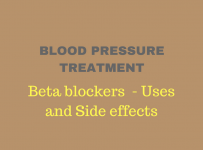


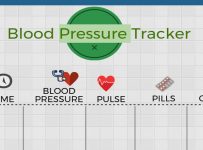




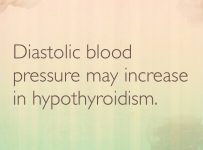
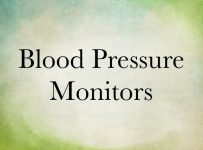
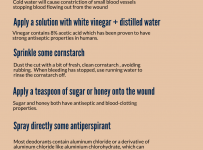
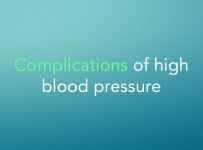
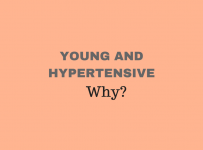
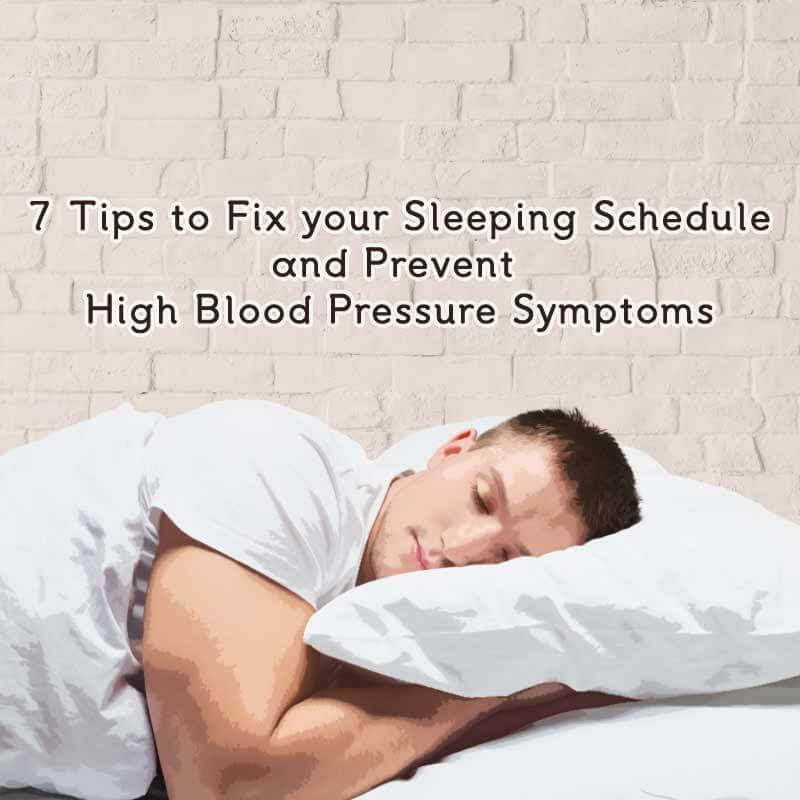
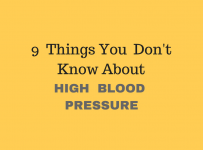

Thank you